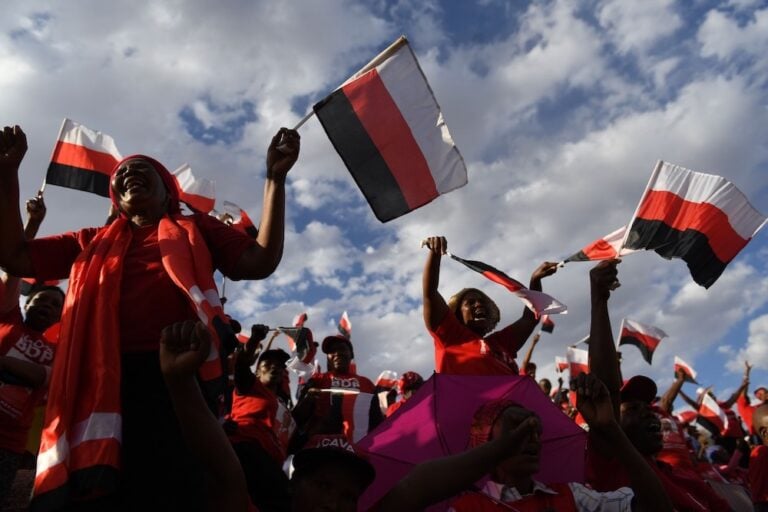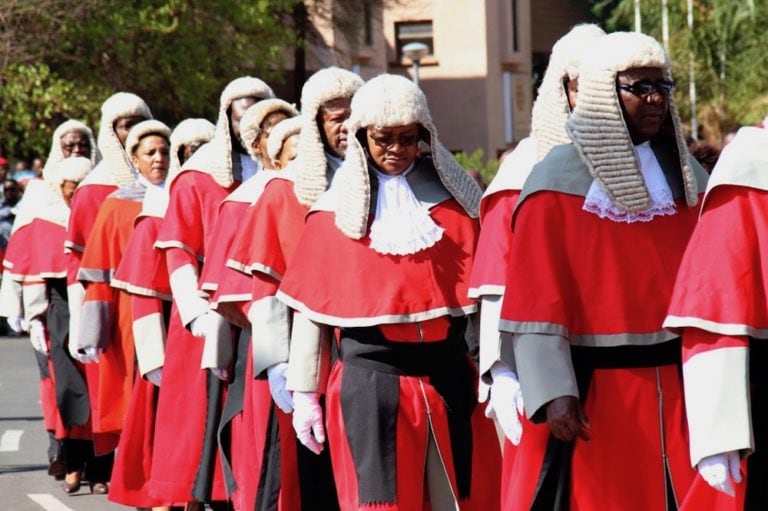(RSF/IFEX) – Communications, Science and Technology Minister Boyce Sebeleta has announced his decision to drop the “Political Profiles” column from the state-owned newspaper “Daily News” and the press review from state-owned Radio Botswana. The minister did not offer an explanation for the move. “This meddling in the editorial policies of these media outlets is unacceptable […]
(RSF/IFEX) – Communications, Science and Technology Minister Boyce Sebeleta has announced his decision to drop the “Political Profiles” column from the state-owned newspaper “Daily News” and the press review from state-owned Radio Botswana. The minister did not offer an explanation for the move.
“This meddling in the editorial policies of these media outlets is unacceptable as it seriously weakens news diversity. The column and press review that have been removed offered a forum for the opposition in the first case, and for the privately-owned press in the second,” RSF said.
“This is not the first time that Sebeleta has initiated such acts of censorship with the aim of silencing criticism of the ruling Botswana Democratic Party (BDP),” the organisation noted. “Such abuses are very worrying in what is one of Africa’s most open countries as regards press freedom,” RSF added.
Over the years, “Political Profiles” had become one of the most popular “Daily News”columns. The paper is distributed free of charge. News editor Bapasi Mphusu said the column’s removal was temporary and “dictated by the need to modernise.” The opposition questioned Mphusu’s explanation, however, speculating that the move was part of government efforts to prevent it from having a strong voice in the country’s most widely-read newspaper, only two months before legislative elections.
The cancelling of Radio Botswana’s press review, which devoted a great deal of air time to the privately-owned media, is also seen as fresh evidence that the communications minister wants to silence the independent press.
“Daily News” was previously financed entirely by the government, but Sebeleta ordered the paper to start accepting advertising in 2003, and thereby compete with the privately-owned press. “We depend totally on advertising revenue to survive, so this change will kill off alternative voices,” the editor of a local weekly had warned at the time.
Another Radio Botswana programme, “Masa-a-sele” was dropped in November 2003 (see IFEX alert of 18 November 2003). It gave listeners the opportunity to express their views on current affairs issues. Sebeleta claimed “Masa-a-sele” gave too much air time to criticism of the ruling BDP.


